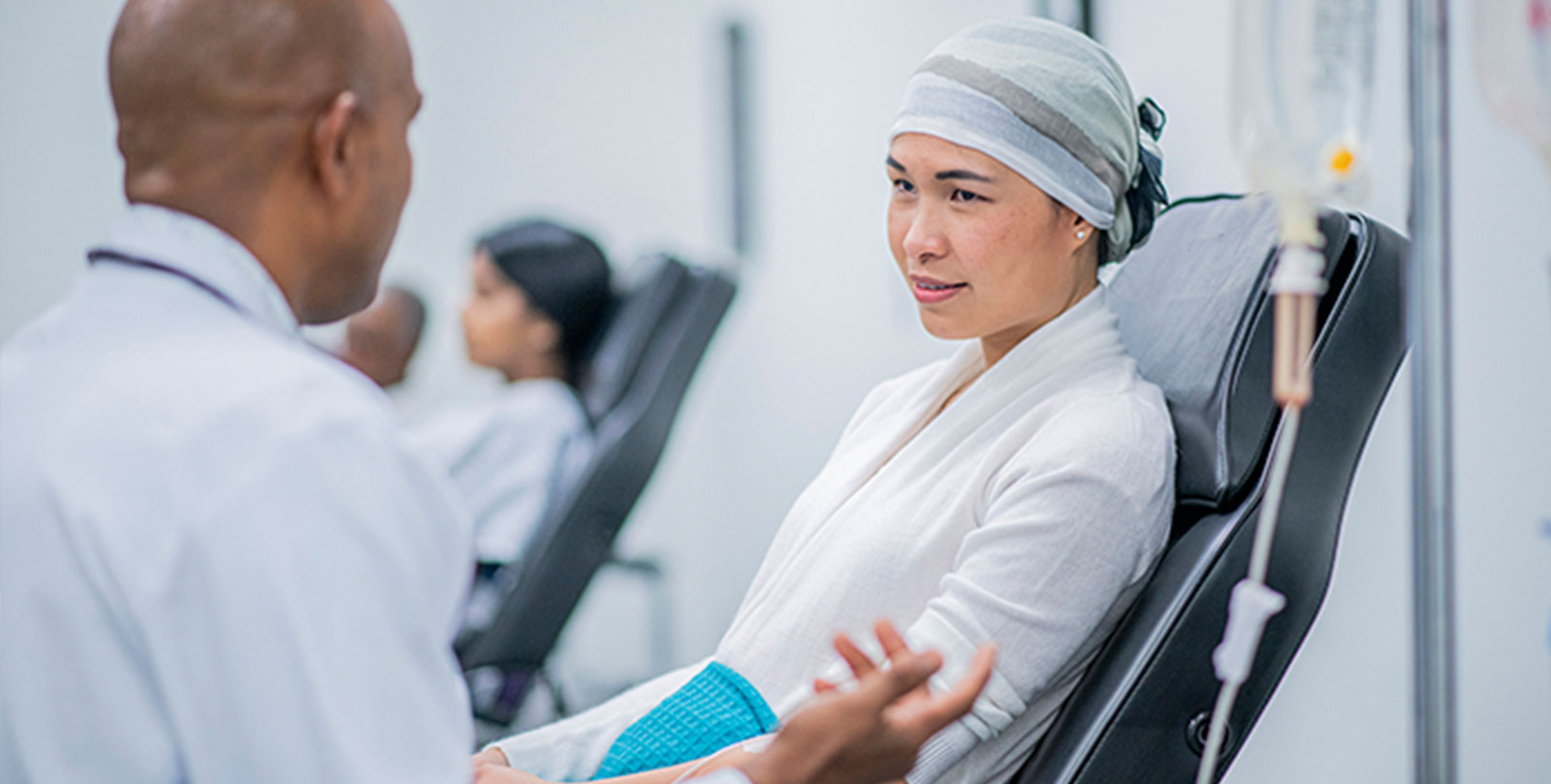Published on: December 7, 2020

Undergoing chemotherapy can be difficult for some patients, especially when side effects kick in. These side effects are usually non-specific. For instance, some patients could experience fatigue, nausea or vomiting. However, there are also many other patients with a lower immune system who may go on to develop a fever; one of the top symptoms behind COVID-19, an infectious disease the world has been battling against since December 2019.
According to radiation oncologist Dr. Choo Bok Ai, the main side effects of chemotherapy indeed share some similarities with COVID-19 but it may not necessarily be the same. For patients undergoing chemotherapy, how then can they determine if their symptoms call for a concern?
The common symptoms or rather, the top symptoms of COVID-19 is fever, dry cough, flu and possibly fatigue.
“Symptoms for COVID-19 mainly present in the upper respiratory system. For chemotherapy, fever is usually a common side effect, which is quite similar to COVID-19, but it is not enough to determine whether a patient is infected with COVID-19,” Dr. Choo shared.
“Patients with allergic reactions or a history of sinusitis can make them more prone to developing a runny nose. If these patients check these boxes then these ‘flu-like symptoms’ may not be a sign of COVID-19,” Dr. Choo added.
With additional safety measures such as screening and temperature checks in place before each chemotherapy session, patients’ health are actually monitored more so than ever.
However, in the case where they experience persisting symptoms such as fever or flu for two or more days, Dr. Choo advises a doctor’s visit to see if there are other sources of infection that needs to be managed or treated.
Emphasizing the importance of seeing a doctor when unwell, Dr. Choo said:
“In fact, anyone with or without chemotherapy should see a doctor if they display symptoms such as fever, cough or flu. Before making a visit, patients can ring a hotline and be triaged over the phone to see if a doctor’s visit is necessary. If medical attention is required after the usual 9 to 5 p.m. operating hours of clinics, they can also seek out emergency clinics that are open round the clock.”
Of course, for cancer patients who experience these worrying symptoms while undergoing chemotherapy, Dr. Choo highlighted that it is best to turn to their attending oncologist as they would be most familiar with their health status. Some chemotherapies can cause immunosuppression, suppressing the patient’s ability to fight infections.
Should patients who have completed their chemotherapy sessions for some time experience the above mentioned symptoms, Dr. Choo advises them to consult a physician for a diagnosis.
Click here for more articles on COVID-19. For more health, medical and lifestyle stories, click here.